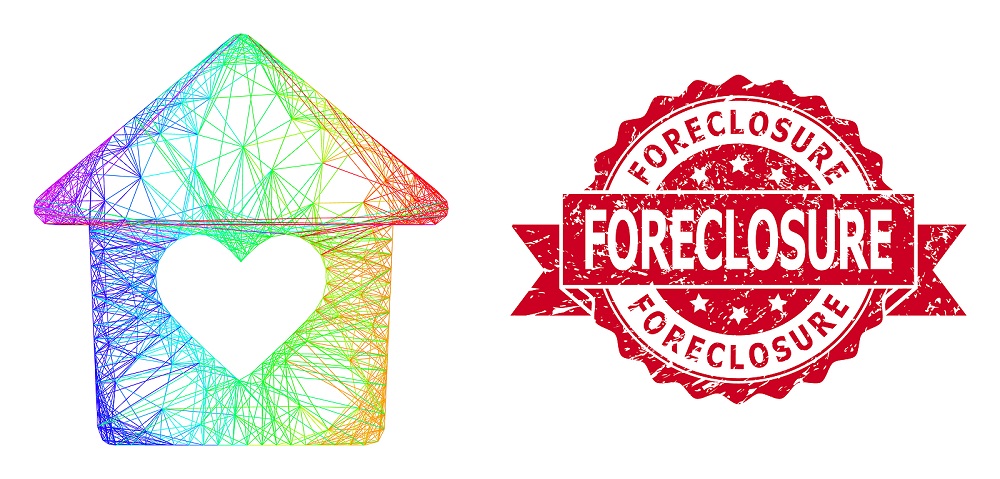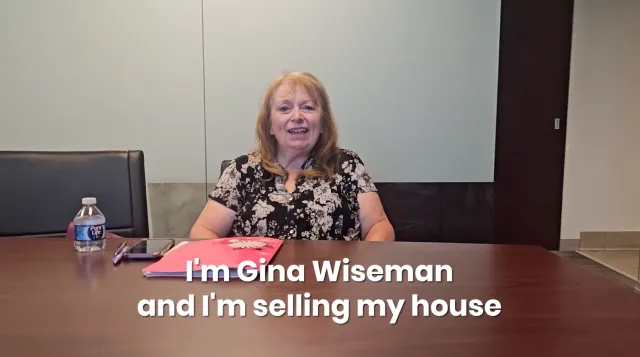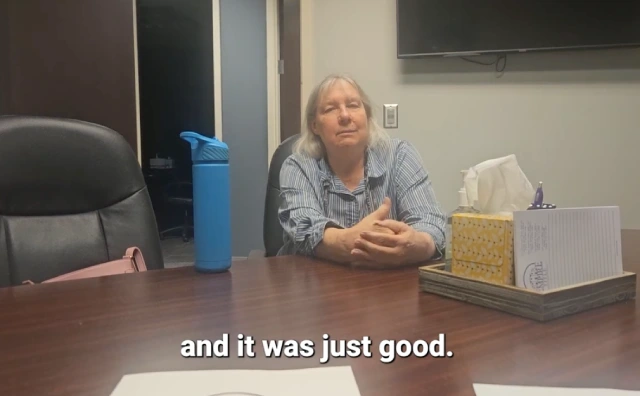Facing foreclosure is a scary and stressful experience. Foreclosure is when a lender takes back a property because a homeowner failed to pay their mortgage.  The worst thing about foreclosure is its negative impact on your credit score, which lasts up to seven years. That means that if you have experienced a foreclosure, you will not be able to get another loan for a while. Many homeowners going through foreclosure ask, is it possible to stop this process? The answer is yes. Foreclosure can be stopped, and here is what you can do.
The worst thing about foreclosure is its negative impact on your credit score, which lasts up to seven years. That means that if you have experienced a foreclosure, you will not be able to get another loan for a while. Many homeowners going through foreclosure ask, is it possible to stop this process? The answer is yes. Foreclosure can be stopped, and here is what you can do.
Discuss a Loan Modification
The first thing you should do if you have missed your mortgage payment is contact your lender and ask for a loan modification. A loan modification is a change that a lender makes to the existing loan terms. In order to apply for a loan modification, a homeowner must submit a financial package that the lender will evaluate. One of the most common types of loan modifications is an extension of the length of the loan. In most cases, lenders are quite cooperative and approve loan modification applications. However, it is important to contact them as soon as possible.
File for Bankruptcy
Filing for bankruptcy is another effective method that can help you from going into foreclosure. As soon as bankruptcy is filed, the foreclosure is frozen, as well as other creditor actions. However, this method also has its disadvantages. There are two types of bankruptcy: chapter 7, when your debt is discharged and you do not have to pay it back, and chapter 13, when the debt is reconstructed and you are given a payment plan. Since the mortgage is included in the payment plan, you may be able to keep your house.
Talk to a Foreclosure Expert
There are foreclosure experts who can recommend different options to you. They will give you some useful tips and explain how you can get out of foreclosure with minimal losses. Foreclosure experts also know of special programs that help homeowners struggling with mortgage payments.
You can also contact the Department of Housing and Urban Development, which provides loss mitigation counseling to homeowners at risk of foreclosure.
Sign a Deed in Lieu
A deed in lieu is a process where you, as a homeowner, voluntarily sign a paper to give your property back to the bank. It may seem to be an easy option, but there are limitations that you should know about. First, a deed in lieu has a negative impact on your credit score, just like foreclosure. The only difference is that this negative impact is shorter, lasting four years instead of seven. Also, in most cases, lenders do not want to approve deeds in lieu because of the high legal risk and possibility that homeowners will sue them later.
Organize a Short Sale
If you know that your financial hardship is going to be long term, and you will not be able to keep your home, then a short sale is an option that you may consider. A short sale means that you are selling your property for less than you actually owe on it. A homeowner pays the proceeds to the lender, and the lender forgives the remaining balance either fully or partially. However, before pursuing this option, a homeowner must get approval from the lender.
Sell Your Home to a Cash Buyer
There is another effective option to avoid foreclosure that many people do not know about — selling a property to a cash buyer or home investor. Home investors purchase all types of properties under any circumstances, including foreclosure. If you are looking for a trustworthy and reliable cash buyer in Colorado Springs, Purple Mountain Holdings is your perfect choice. The mission of Purple Mountain Holdings, located in the heart of Colorado Springs, is not only to help their clients sell their houses but also to make neighborhoods of the city great again.
Purple Mountain Holdings purchases properties in any condition or location and pays cash. If you have any questions, or you want to start the selling process, feel free to visit their website or give them a call.



